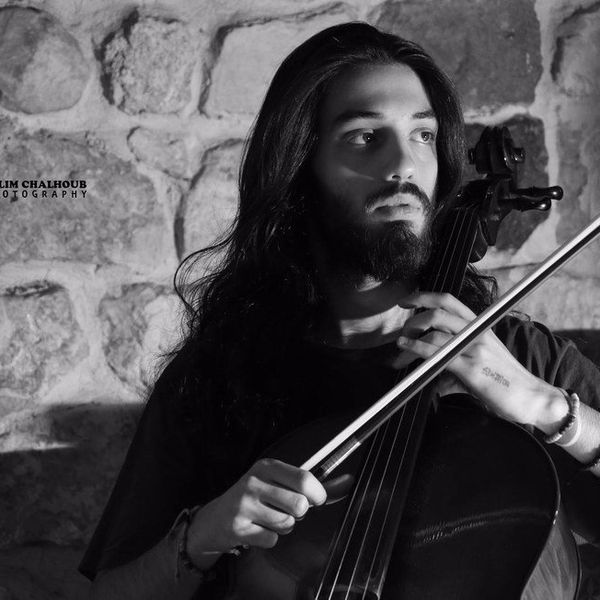The year is 2015, 101 years after the beginning of the First World War, when human "officially" rose against human. Like an erupting volcano, the Syrian refugee crisis has exploded. Its hot lava melts in the eyes of a 21st Century audience. Europe in particular is feeling the heat.
Syria's genocide is so dire and so inhumane that, as it unfolds, hearts race, government officials sweat and police arm up. On Twitter, followers become foes based on what is tweeted regarding the crisis as it is highly sensitive. The heart wrenching photo of the late Aylan Kurdi, one of the younger victims, brought tears to many eyes last week as he lay lifeless on the shore.
“Journalism largely consists in saying 'Lord Jones is dead' to people who never knew Lord Jones was alive.”
While the media's and consequentially most people's concentration latches onto the unfolding stories about masses of Syrians knocking for admittance at Europe's front door, a question lingers mid-air. And it impatiently begs for an honest answer. Those trekking across in Hungary struggling to get on a train to Germany are but the ones we see. What about those we do not? Are they any less important? Is their situation any less dire, given that no camera lens has captured it?
An exhaustive case study from 2012 aptly titled "The European Response To The Syrian Refugee Crisis" contains important insights. The document was prepared by the Migration Policy Center of the European University Institute co-financed by the European Union. Its most compelling statement is:
Although over 450,000 Syrians fled to countries nearby Syria, numbers seeking refuge within the EU
remain small...Only 1,490
irregular entries of Syrians were recorded during the last three quarters of 2011, which rose to 2,739
in the first two quarters of 2012. Numbers of Syrians applying for immigration have also remained
negligible.
Given the above fact, there could be several possibilities as to why the coverage of refugees in Syria has been extensive in 2015.
One reason could be political propaganda. The stringent police action and calls for tighter border control measures are opportunistic actions governments across the European Union are taking to curb the "immigrant question" especially the undocumented. One of the consequences of the European financial crisis was that nations' hopes for making gains in the Union were dashed. And so, a scapegoat became the pesky immigrant. This sparked an upsurge in nationalistic movements that are characteristically xenophobic.
Another possibility is that the media is feeding its users what they need: A chance to momentarily get away from their very miserable or boring lives. Schadenfreude, however slight, could be that which leads to this focus on the European-landed Syrians. They play into the perfect scene: They are Middle-Easterners doing all they can to get into Europe. Those who watch these have a show more like reality TV, only that it's real. Therefore, the human fallacy of gaining comfort by seeing someone else in a worse situation feel comforting could be the driving force behind the over representation of the refugees who have (at least!) made it alive out of the danger zones.
So, what to do? There are many choices, two of which are either surf the euphoria wave or extend your sympathy/empathy to the faces you don't see. Those are the people incapable of finding the boat to Europe. They are trapped in the cities fortified by bloodhounds of militia. They need help, too.





















